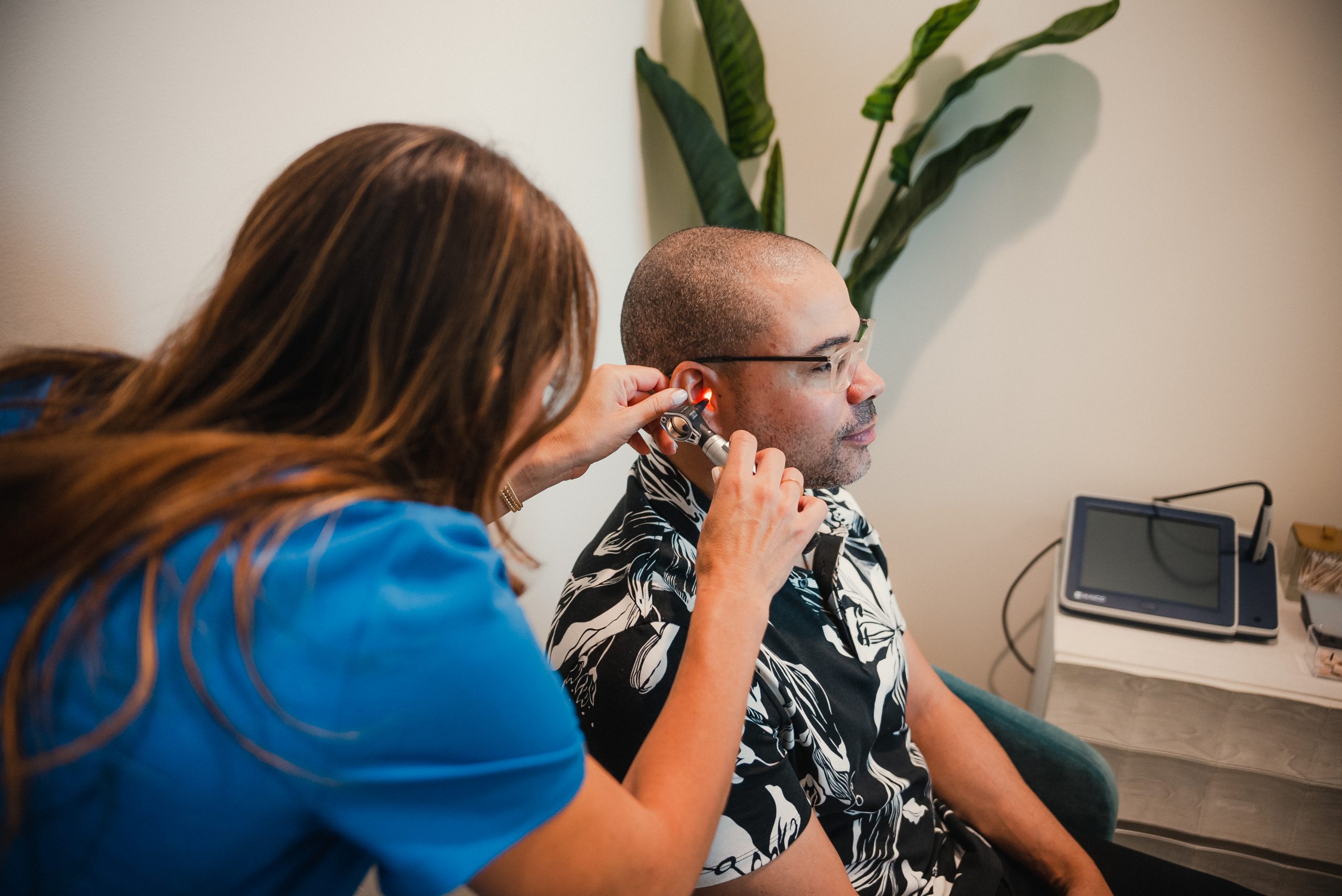
What are the Differences between an Audiologist and an ENT (Ear, Nose and Throat Doctor)?
When it comes to hearing health, many people don’t know the difference between an audiologist and an ENT (Ear, Nose and Throat) doctor. Both professionals are specially trained in the diagnosis and treatment of hearing conditions and disorders, but they have different roles and responsibilities. Knowing the differences can help you determine which specialist is best suited to address your hearing needs. The biggest difference between an audiologist and an ENT is the type of treatment they provide.
What is an Audiologist?
An audiologist is a healthcare professional trained in the diagnosis, treatment, and management of hearing and balance disorders. Audiologists use a variety of tests and tools to assess hearing loss and other issues related to the ear. They can provide hearing device fittings, tinnitus management, and other treatments for hearing conditions or loss. They can also provide educational resources and advice on how to best care for your hearing health.
What is an ENT (Ear, Nose & Throat Doctor)?
An ENT, on the other hand, is a doctor who specializes in medical and surgical treatment of conditions related to the ear, nose, and throat. They are trained to diagnose and treat a variety of conditions, including sinus infections, ear infections, hearing loss, and balance problems. An ENT is specially trained to treat with surgery or medication.
Another key difference is the type of education and training each specialist has. Audiologists have a doctoral degree in audiology, while ENTs are medical doctors who specialize in ear, nose, and throat conditions. Audiologists typically take courses in audiology, anatomy, physiology, and other topics related to hearing health. ENTs, on the other hand, have a medical degree and are trained in medical and surgical treatments related to ear, nose, and throat conditions.
When it comes to deciding which specialist is best suited for your hearing needs, it’s important to consider both the type of treatment you need and the type of education and training each specialist has. If you’re looking for a hearing device fitting, tinnitus treatment, and/or hyperacusis treatment, a specialist at Hope Hearing is the best choice. If you need medication or surgical treatment for an ear, nose, or throat condition, an ENT is most likely the best option.
It’s also important to note that while both specialists are trained in hearing health, they may not be able to provide the same level of care. Every specialist is different, so it’s important to research both options before making a decision. You may find that one specialist is more experienced or better suited to your needs than the other.
Overall, understanding the differences between an audiologist and an ENT can help you make an informed decision about your hearing health. Knowing which specialist is best suited to your needs can help ensure that you receive the best care possible




